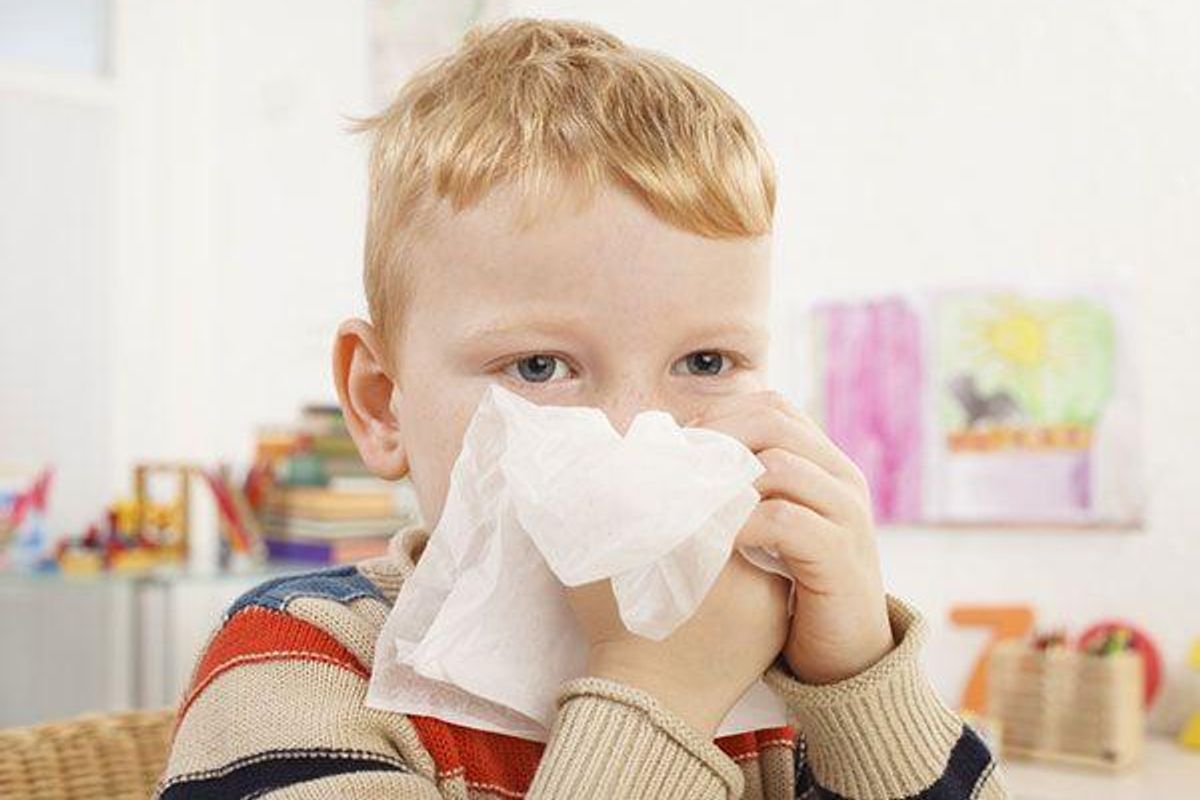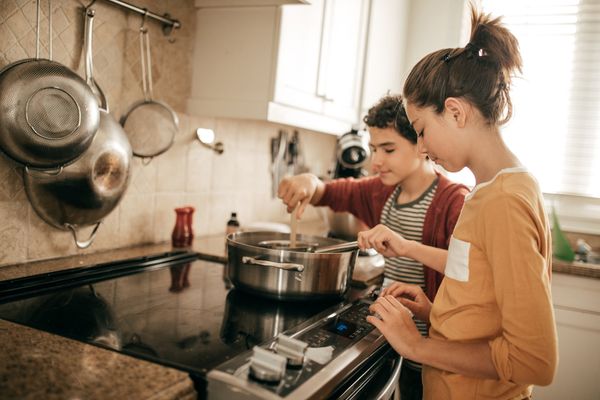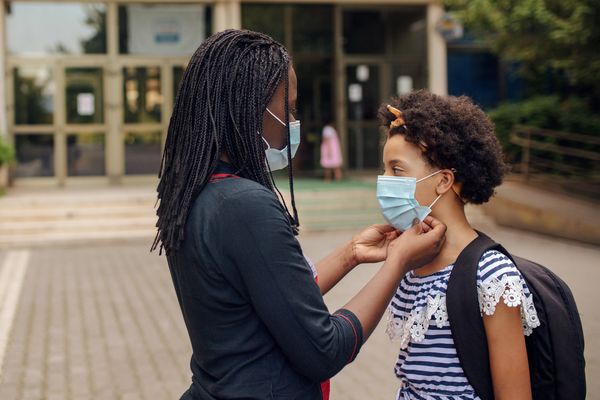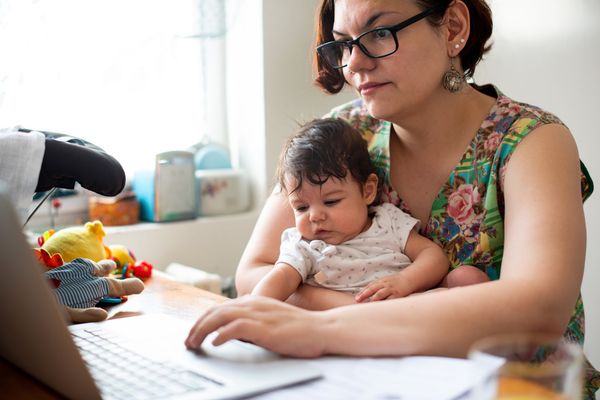There'll always be traffic when you're running late. Your kids will opt for the ice cream over the fruit salad. The dishwasher will break just as you're about to host a dinner party. You'll forget your umbrella when it's pouring out. And your kid is bound to get sick. It's a fact of life.
It's not surprising kids frequently catch bugs. Toddlers put everything in their mouths. Kids play on the same dirty playground equipment. Elementary schoolers share classroom supplies. Kids trade food at lunchtime. The list goes on and on.
Kids can and will get sick, yes. But you, the mommy, can't get sick—so you say. When you do, it feels like everything is out of control and falls apart. You're the one who chauffeurs the kids to school. Who takes them to soccer practice. Who makes dinner. Who folds laundry. Coming down with a fever, aches and pains just won't work. You think you can't possibly take a sick day.
So how can you stay healthy when your little one is coughing all over the place and using up every tissue in the house?
Follow these tips and tricks to help you and your body stay on top of your game even while caring for a sick little one. We can't promise you won't pick up a bug, but we'll try to help you stay healthy.
Hit the sink
Germs abound around your home. Your sink. Refrigerator handles. Toys. The bathroom. That's why you should wash up frequently to help reduce your chances of getting your child's illness. You'll especially want to wash your hands after being near or touching your child, giving him medicine or changing a diaper.
The Centers for Disease Control and Prevention (CDC) says the right way to wash your hands is to wet them with warm or cold clean running water. Apply soap and rub hands together for at least 20 seconds, including scrubbing between your fingers, under your nails and the backs of your hands. Rinse under clean, running water. Air dry or dry your hands with a clean towel.
If you're not near soap and water, the CDC says to use an alcohol-based hand sanitizer with at least 60 percent alcohol. Read the instructions to find out how much product to apply to the palm of one hand. Rub your hands together until they're dry.
Clean the rest of you
In the evening, wash your face. We all touch our faces, whether we realize it or not, and that spreads germs to our noses, mouths and eyes—so try to keep your hands away from your face. Also, change your clothing so you won't have your child's germs lingering on your clothes.
Be a hygiene teacher
Teach your sick child good hygiene habits. Ensure she follows the aforementioned hand-washing procedure. Instruct her to sneeze or cough into her elbow crease or a tissue. Place used tissues in the trash, not on a counter or table. She should avoid touching her eyes and nose; instead, use a tissue or clean arm sleeve if she needs to touch her face. The more she practices these strategies, the fewer germs she'll spread to you.
Step away from the toys
You may feel the urge to clean your sick kid's germy toys throughout the day. But every time he touches them, he'll just reinfect them. So it's a waste of time, and you'll only be unnecessarily touching germs. Instead, wait until he's gone to bed to sanitize and disinfect them. You can also toss dirty toys in the washing machine or dishwasher (read the labels first).
Promote no sharing
We teach kids that "sharing is caring." But when your child is sick, don't let him share anything with anyone else in the house. Give her her own towels (giving her fresh ones daily), toothpaste, toothbrush, food and utensils.
Disinfect hot spots
Several times a day, clean areas that your sick child likely is touching. Depending on his age, that may include the toilet handle and seat, changing table, computer keyboards, sink handles, remote controls, doorknobs, phones and refrigerator door handle.
Don't forget about you
When you're caring for a sick child, it can be easy to put your needs aside. But one way to help yourself stay in good shape is to engage in immune-boosting activities. Do your best to exercise, eat right, consume plenty of fluids and get a decent amount of rest. Remember that the more you take care of yourself, the better equipped you'll be to care for your under-the-weather child. And the less likely you'll be to catch what she has.







